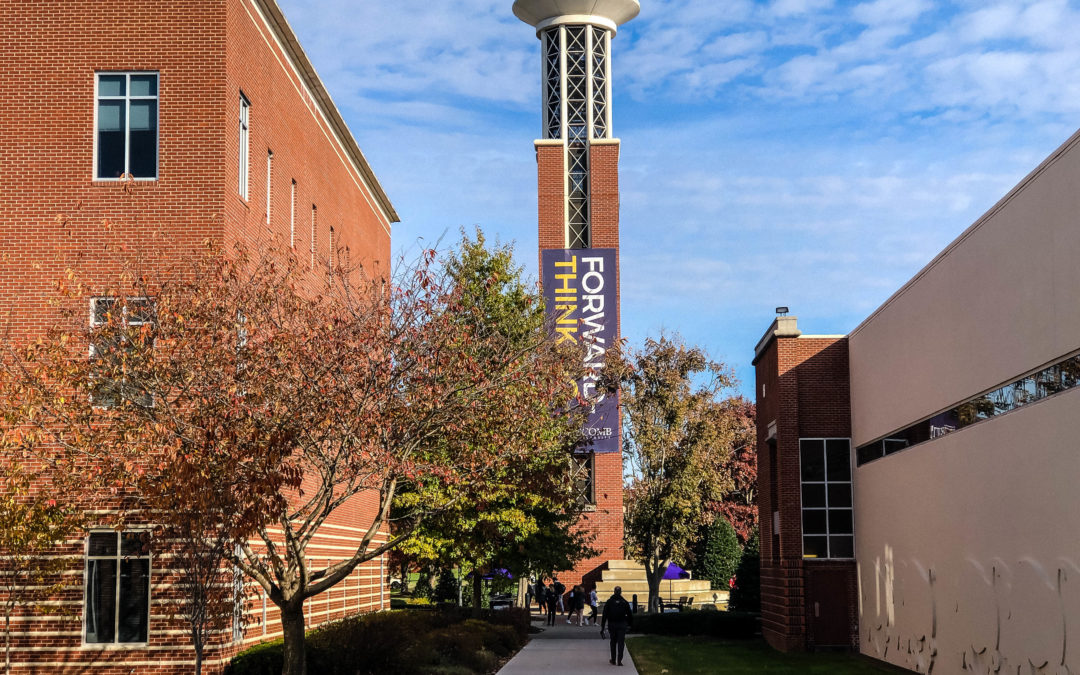Thanks to concerns over the coronavirus, the week after spring break this year will be one unlike any Lipscomb has ever experienced.
The university announced the following for the week of March 23-27:
- Undergraduate students will have an extended week of spring break.
- Graduate classes will resume; programs will determine the format.
- Faculty will report to campus to transition classes to a remote teaching and learning environment.
In a presentation to faculty and staff on Thursday, President Randy Lowry said that “‘closing’ is not a very good word for this.”
“We are open and will at some level stay open because we have certain kinds of needs we need to meet for our students,” Lowry said.
“We’ll be here working that week [of March 23] so that on Monday the 30th of March, we can reinstitute the educational piece to our students wherever in the country we might be,” he said. “And we will be prepared at that time to extend that as long as we need to. We have to be prepared for a longer-term engagement with students in some kind of effective way.”
President Lowry expressed his safety concerns of both the faculty and staff, wondering what the right decision for the Lipscomb community would be.
“Is a student better off at home or is a student better off here?” Lowry asked.
The university had concerns about students all having a home to return to, he said, if it called for a delay of classes.
“Something as simple as where should they be becomes really complex when you try to work down at a level that’s sensitive and gracious and empathetic to the student,” he said.
There also have been concerns about the students eyeing graduation.
“Seniors are graduating in seven weeks, exams are taken in eight or 10 weeks,” Lowry said. “If we don’t get through this semester, not only is their schooling disrupted, their lives are disrupted.
“That is the top line for us — what is best for the students,” he said. “And obviously they don’t all have the same needs, so there’s not a perfect answer, but we wrestle heavily with that.”
Another of Lowry’s concerns for the Lipscomb community is the safety of faculty, acknowledging that the virus does not have the same effect on students in good health as it might the faculty or those over the age of 60.
“We’re very conscious of the fact that the demographic of the faculty and staff is different from students,” he said. “We want to keep it safe for the faculty member as well.”
Lowy said the university was also very mindful of the economic aspects.
“It would be very easy for an institution to say, ‘We’re gonna make decisions based on our own economic self-interest; before all of this is over, it will cost Lipscomb University millions and millions and millions of dollars and there’s no line item in the budget that says coronavirus,’” he said. “And yet my senses say, that’s not who we are.”
He said of faculty and staff who have extended illness: “if you run out of sick leave, we’re gonna give you more sick leave.”
Lowry said he does believe the university will recover from the setbacks that much of Nashville is facing.
“Lipscomb once again, I believe, will get through this and recover,” he said. “it’s just going to be a little different.”

